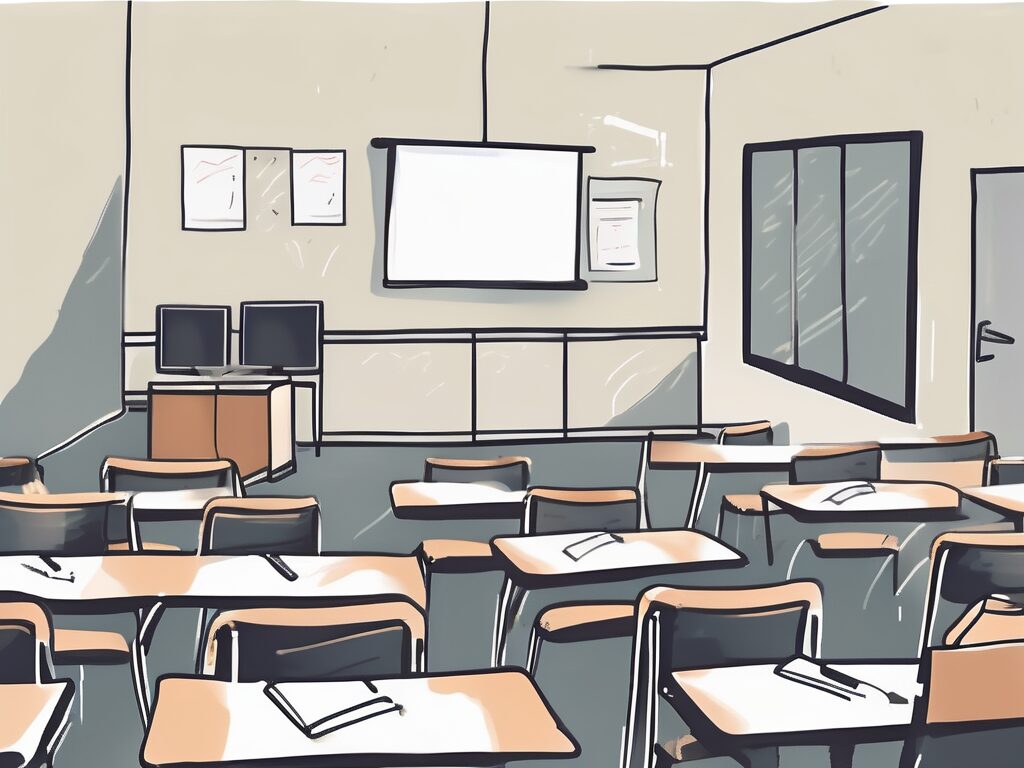Is the Education System in Spain Good?
Spain’s education system is a topic of interest for many aspiring international educators. Understanding its strengths and challenges can provide valuable insights for those looking to teach abroad. In this article, we will explore the Spanish education system, its importance for international teachers, and how you can prepare for a successful teaching career in Spain.
Why is it Important for Aspiring International Teachers?
Spain offers a unique blend of cultural richness and educational opportunities, making it an attractive destination for international teachers. The demand for English teachers and educators with international experience is growing, providing numerous job opportunities. Understanding the Spanish education system can help educators tailor their teaching methods to meet local needs and enhance their career prospects.
Key Skills or Qualifications Required
To teach in Spain, educators typically need a bachelor’s degree and a TEFL or CELTA certification. Proficiency in Spanish is also beneficial, as it helps in classroom management and communication with students and parents. Additionally, understanding the Spanish curriculum and educational standards is crucial for effective teaching.
Steps to Get Started
1. Obtain the necessary certifications, such as TEFL or CELTA.
2. Gain experience by teaching English or other subjects in your home country or abroad.
3. Learn Spanish to improve communication and integration into the local culture.
4. Research and apply for teaching positions in Spain through job boards and recruitment agencies.
Challenges and How to Overcome Them
Adapting to a new education system can be challenging. Differences in teaching styles, classroom management, and curriculum can pose initial hurdles. To overcome these, educators should engage in continuous professional development, seek mentorship from experienced teachers, and remain open to learning and adapting.
Best Practices and Tips for Success
– Embrace cultural differences and incorporate them into your teaching methods.
– Build strong relationships with students, parents, and colleagues to create a supportive learning environment.
– Stay updated with educational trends and innovations in Spain to enhance your teaching practices.
Success Stories or Case Studies
Many international educators have found success in Spain by immersing themselves in the culture and continuously improving their teaching skills. For instance, Jane Doe, an English teacher from the UK, successfully integrated Spanish cultural elements into her lessons, resulting in improved student engagement and learning outcomes.
Conclusion
The Spanish education system offers a rewarding experience for international educators. By understanding its intricacies and preparing adequately, teachers can make a significant impact on their students’ lives while advancing their careers. Embrace the opportunity to teach in Spain and enrich your professional journey.
Want to become a teacher in a Tier 1 international school? Join the course here.

